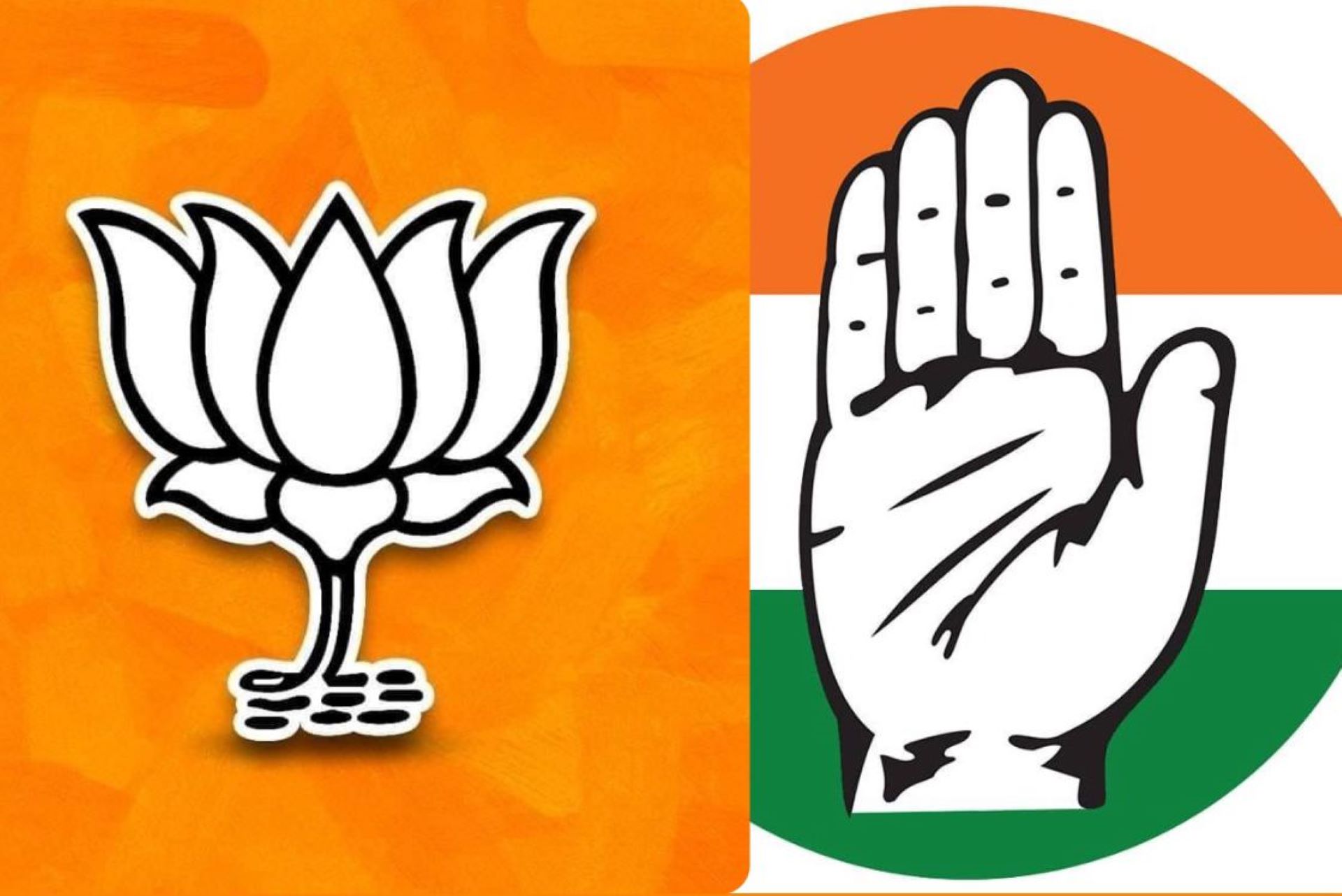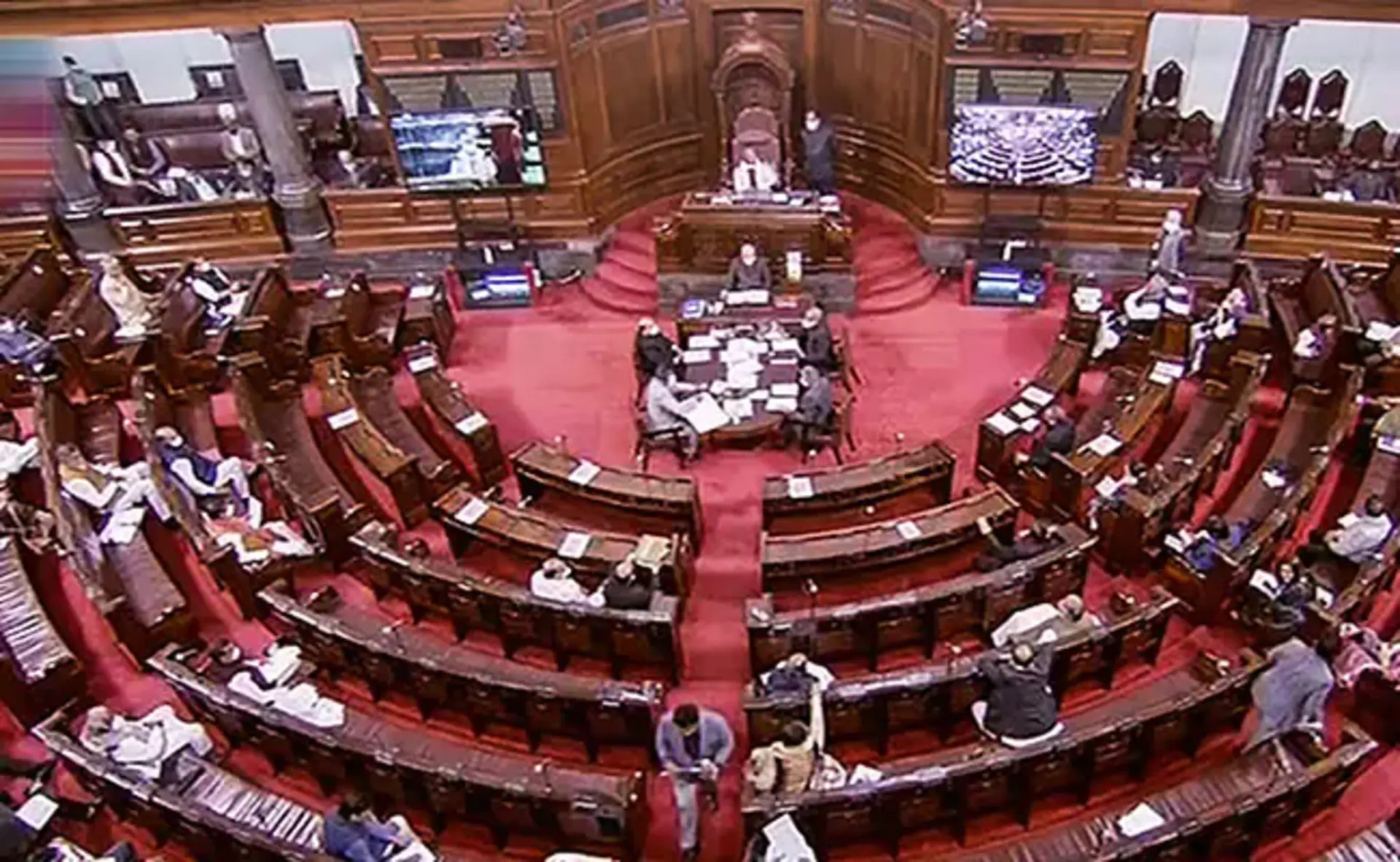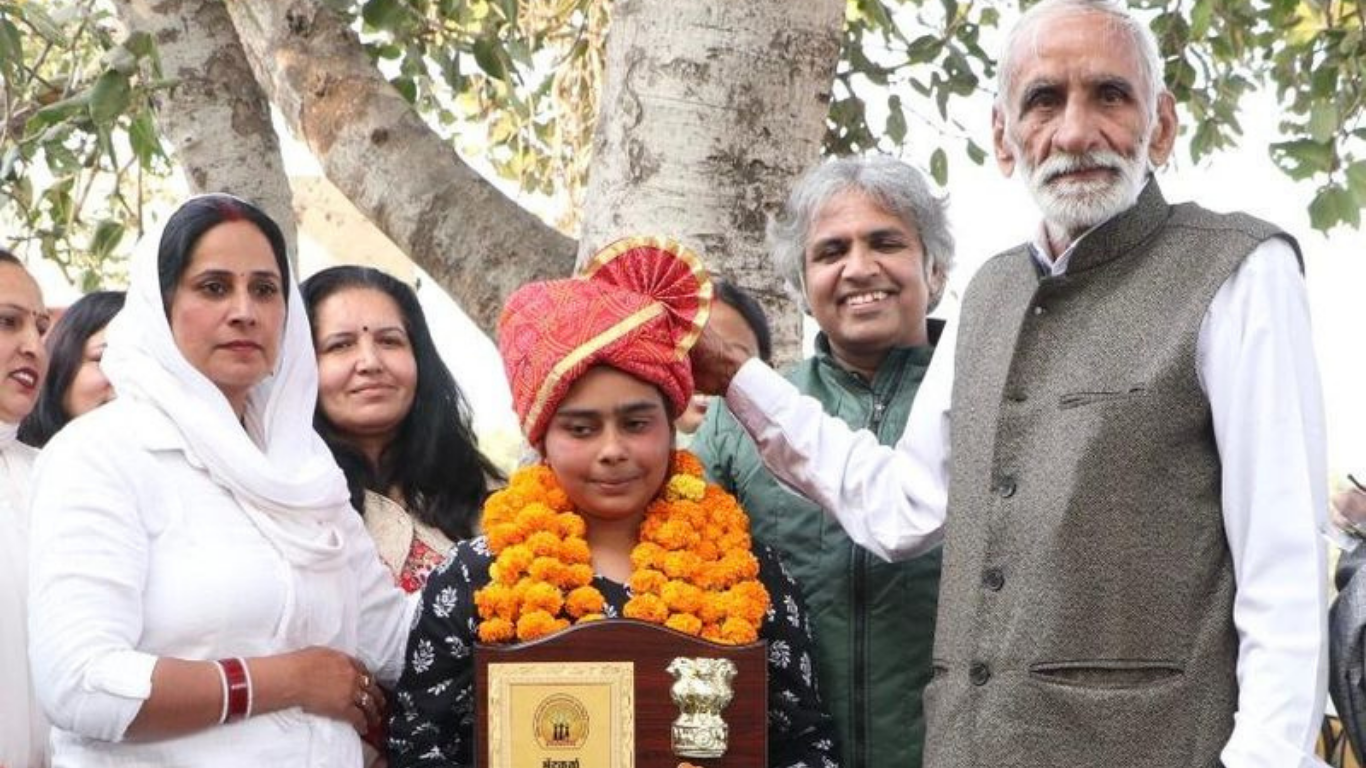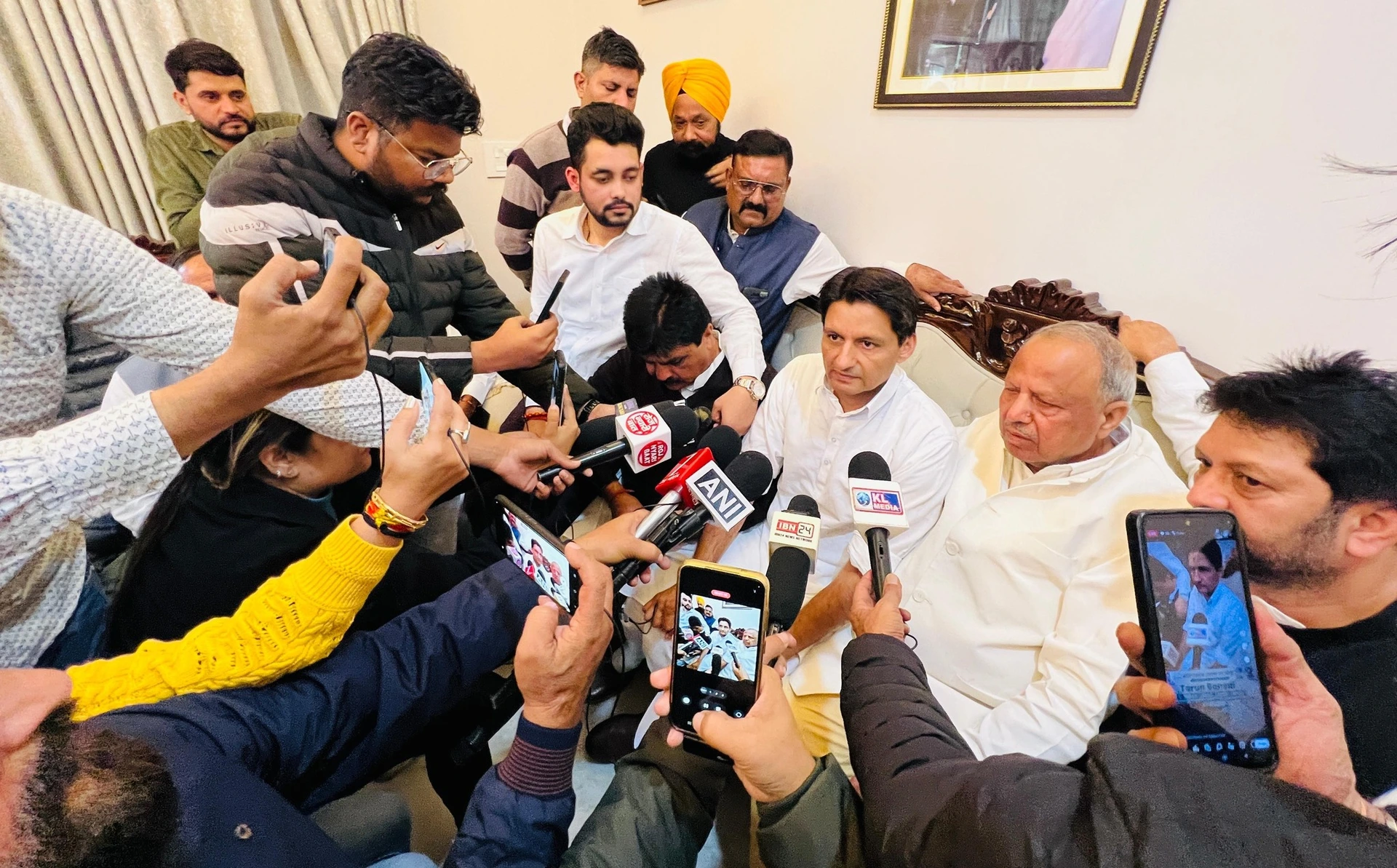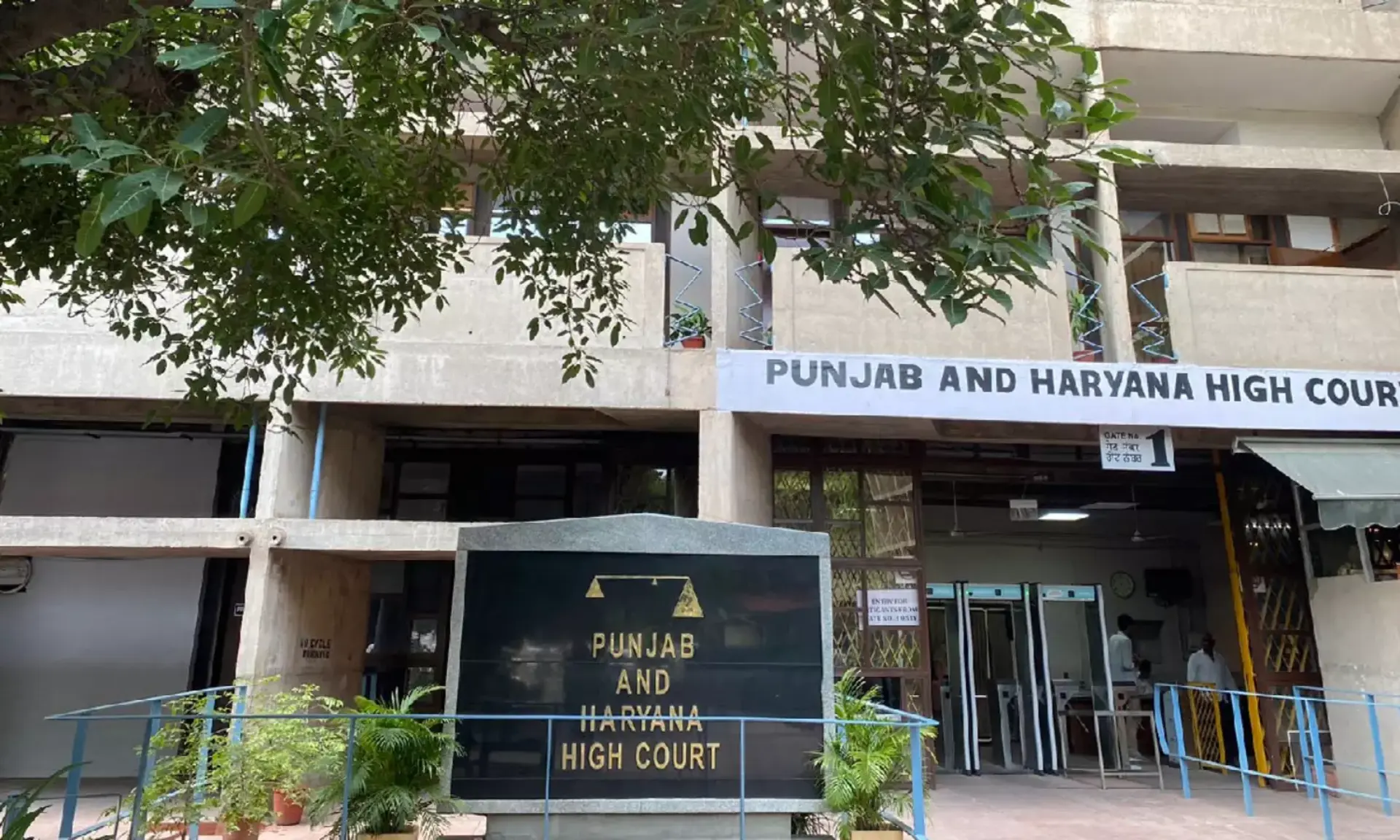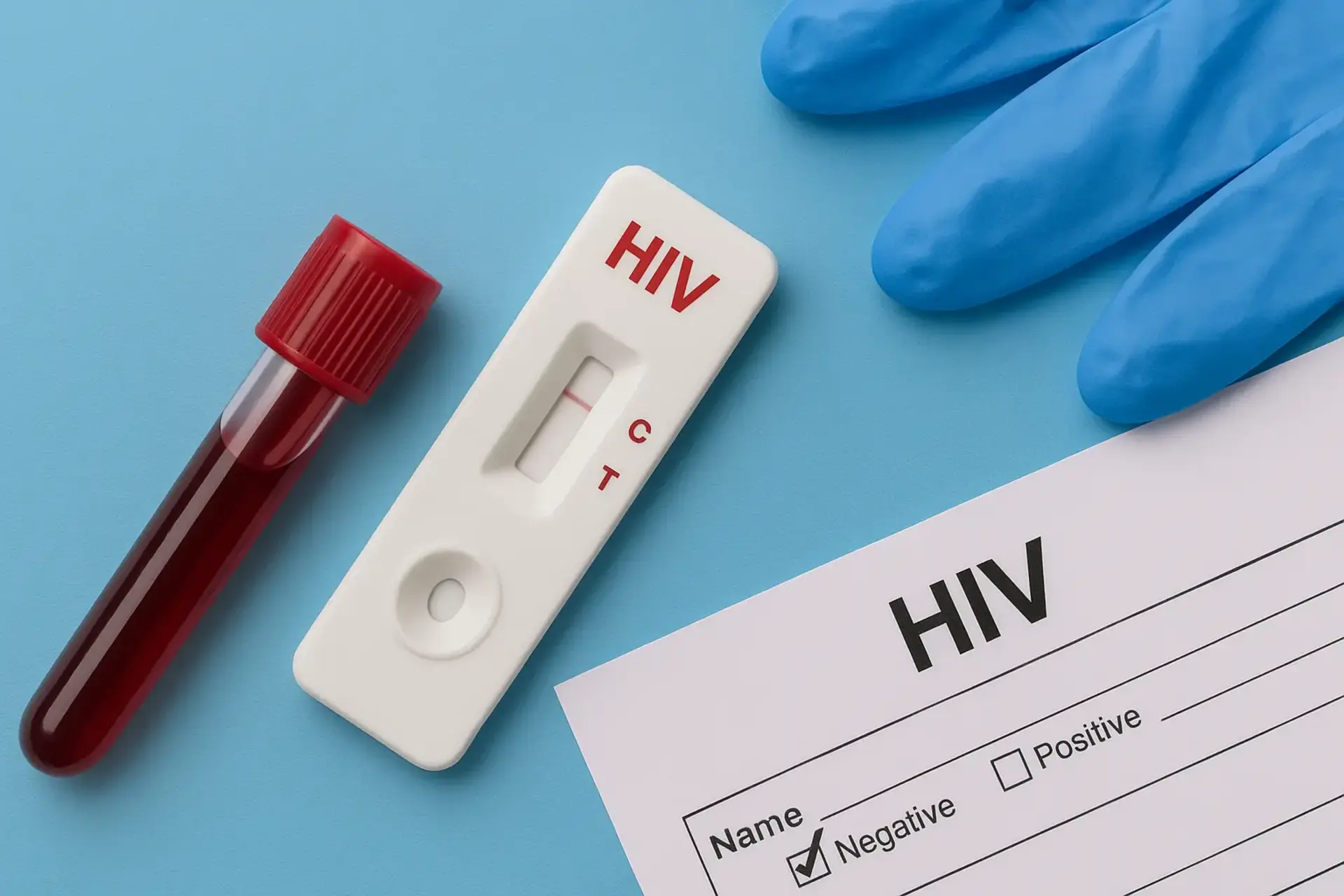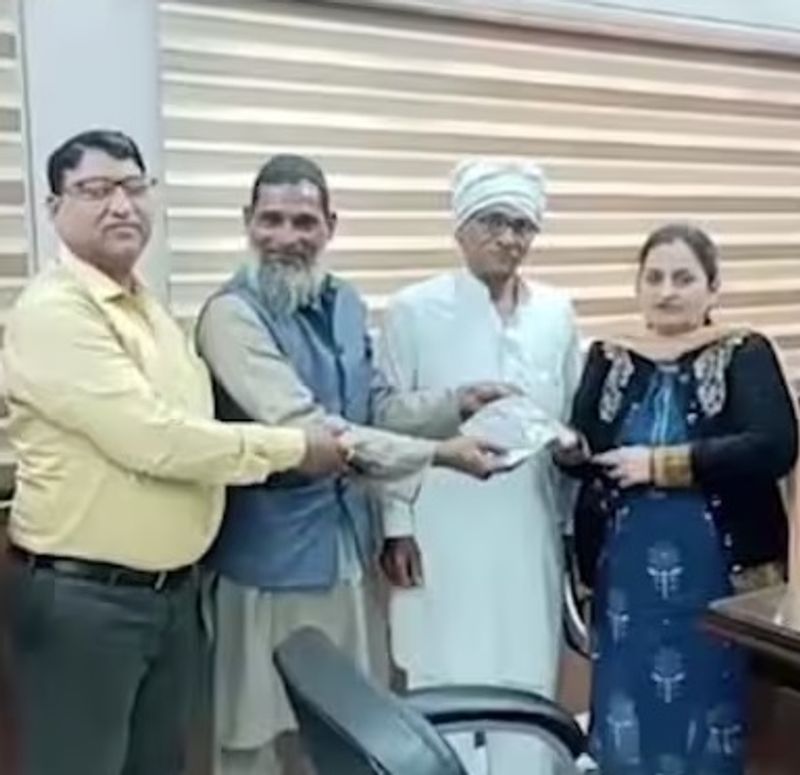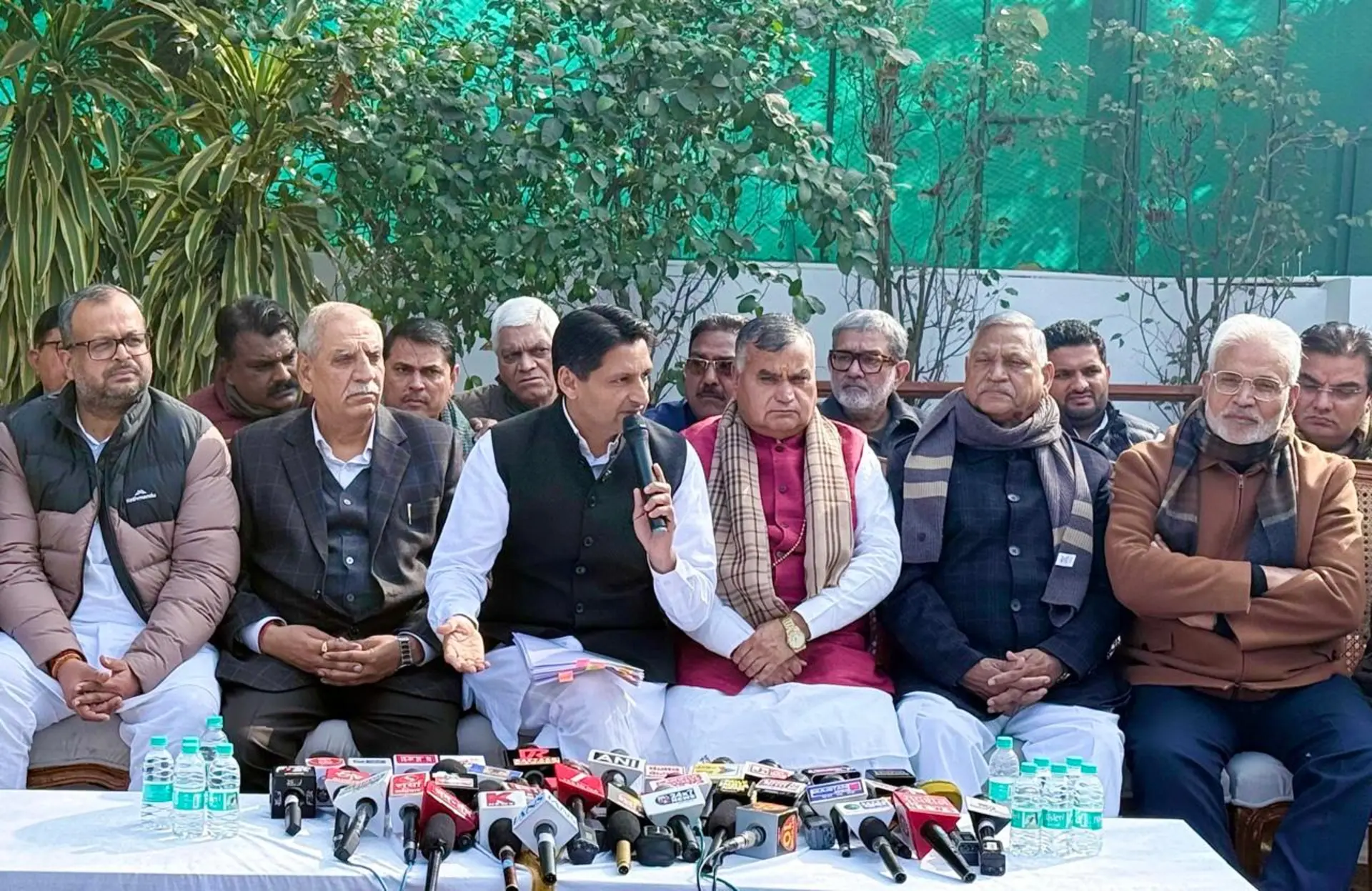
The dust has settled on the Lok Sabha elections in Haryana, and the results have painted a fascinating picture for the upcoming assembly polls. Despite the Bharatiya Janata Party (BJP) and the Congress each bagging five seats, it is the latter that appears to hold the upper hand as the state gears up for the crucial assembly elections scheduled for September-October.
Congress' Resurgence and BJP's Dip
The Congress-Aam Aadmi Party (AAP) alliance not only secured a higher vote percentage but also led in 46 assembly segments, while the BJP trailed behind with a lead in 44 segments. The INDIA bloc constituents garnered an impressive 47.61% of the vote share, a significant 1.5% higher than the BJP's 46.11%.
Congress' Highest Vote Share Since 1989
The Congress party has reason to celebrate as its vote share of 43.67% across nine seats is the highest it has achieved since 1989. This remarkable surge is a testament to the party's resurgence and the people's faith in its leadership and vision for the state. In contrast, the BJP experienced a dip of over 12% in its vote share compared to the 2019 Lok Sabha polls, a concerning trend for the ruling party.
Regional Dynamics and Local Issues
While the Lok Sabha results provide an overview of the political landscape, the assembly elections will be influenced by regional dynamics and local issues. There are 26 assembly seats where the lead is less than 10,000 votes, and these seats could sway either way as regional parties and local concerns come into play.
Historical Trends and Expectations
Historically, Haryana has witnessed a spillover of Lok Sabha results into the subsequent assembly elections. After winning nine out of ten seats in the 2004 Lok Sabha polls, the Congress swept the 2005 assembly elections, securing 67 of the 90 seats. Similarly, the BJP's dominance in the 2019 Lok Sabha polls translated into a victory in the state assembly elections the same year, albeit with a reduced vote share.
Looking ahead, political analysts predict that the Congress is expected to outperform the BJP in the state assembly elections, as state-level issues and community consolidation will play a significant role. The absence of the Modi factor, which significantly influenced the Lok Sabha polls, could further tilt the scales in favour of the Congress.
As the state gears up for the highly anticipated assembly elections, the stage is set for an intense political battle between the resurgent Congress and the BJP, which is facing a setback. The outcome will not only shape the future of Haryana but also have far-reaching implications for the national political landscape. Voters will undoubtedly be keenly observing the developments and making their voices heard through the ballot box.



